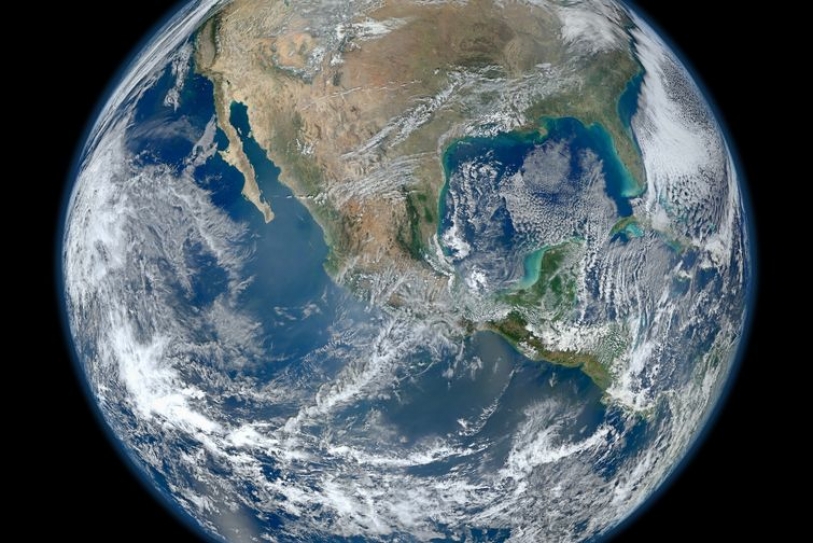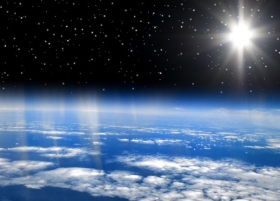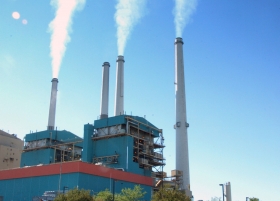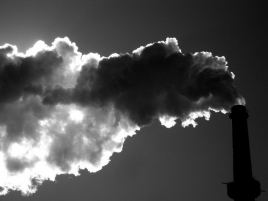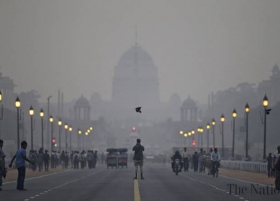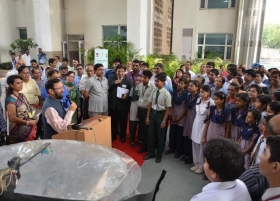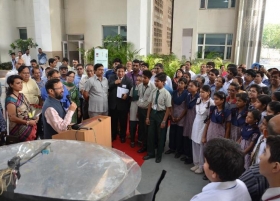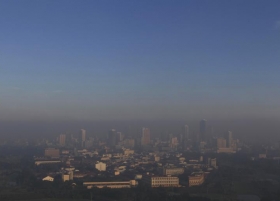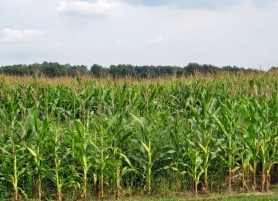Breaking News
- Alternative Entertainment
ALTERNATIVE ENTERTAINMENT: THE RISK TAKERS BY SIDDHESH PANDEY
0 - Festivals
FESTIVALS: KASHISH 2024 WITH DEEPA MEHTA, NANDITA DAS AND MEENAKSHI SHEDDE
0 - Festivals
FESTIVALS: IS MOM YOUR BEST FRIEND?
0 - Alternative Entertainment
ALTERNATIVE ENTERTAINMENT: CRAFTSMANSHIP AND FORM
0 - Festivals
FESTIVALS: IT’S WORLD HERB DAY ON 6TH MAY
0 - Thought Factory
THOUGHT FACTORY: DEPICTION OF CHILD ABUSE IN CINEMA
0 - Alternative Entertainment
ALTERNATIVE ENTERTAINMENT: 50 YEARS OF GARM HAWA
0 - Gender
GENDER: A WIFE'S HILARIOUS TALE DURING IPL FEVER
0 - Festivals
FESTIVALS: OPENING AND CLOSING FILMS AT KASHISH 2024
0 - Trending
TRENDING: IS HE A LEADER OR A PROPAGANDIST?
0

